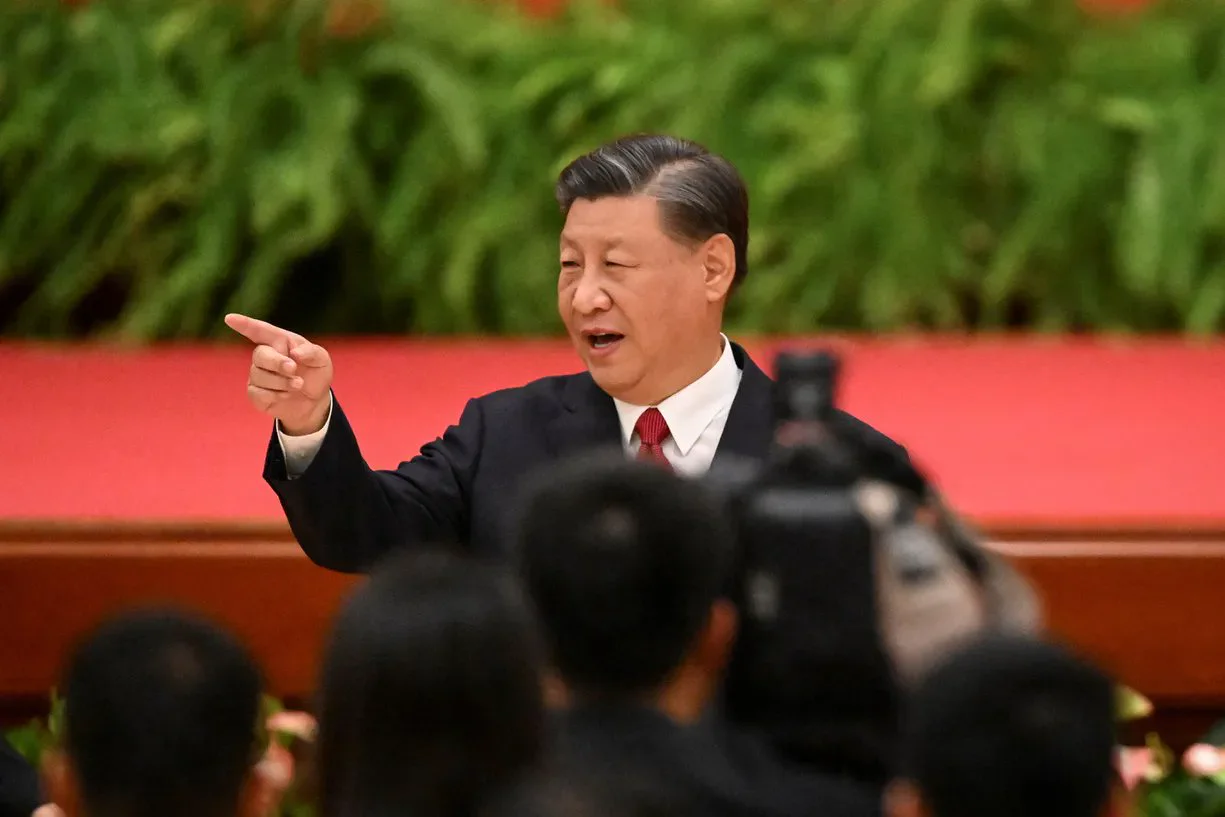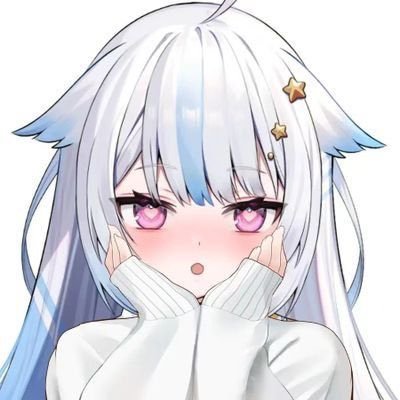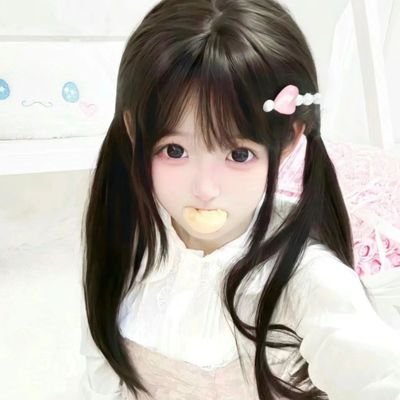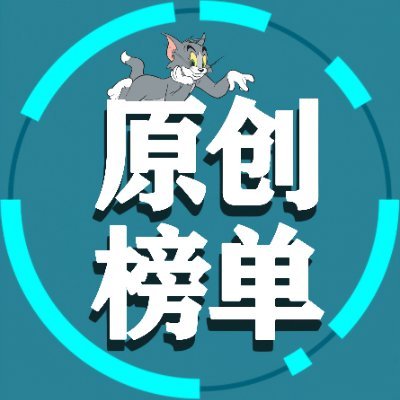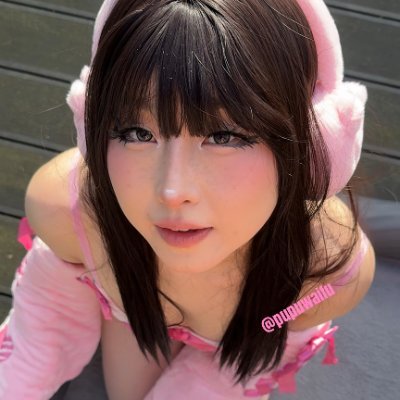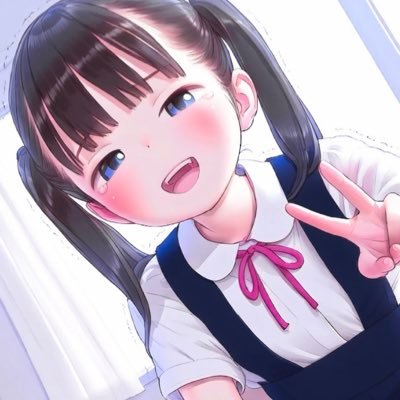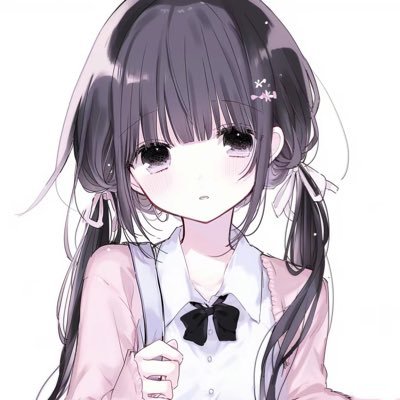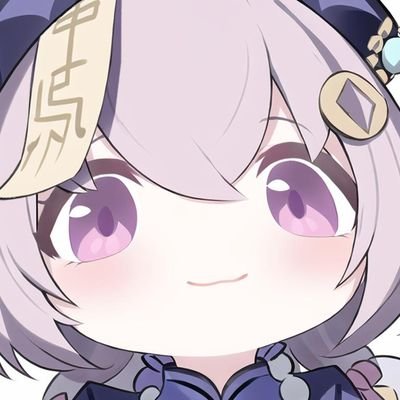The Communist Party of China (CPC) is a party that places particular emphasis on theoretical and ideological debates. The Reform and Opening-Up has undergone several major policy adjustments, and prior to these adjustments, debates emerged among various groups such as the Old Leftists, neo-conservatives, New Leftists, liberals, neo-statists, and popular nationalists. The adjustments of political direction of the Reform and Opening-Up sought compromises within these debates. In other words, ideological shifts typically preceded changes in political direction. For example, towards the end of Jiang Zemin's era, elite groups began to consider shifting the focus from economic development to a path of coordinated development of the economy and society as the center. This transition indicated that economic development was no longer the absolute priority. This shift set the tone for the political agenda of Hu Jintao's administration. However, at that time, few perceived that deviating from a purely economic-centered path meant that economic affairs would no longer be the top priority. The Xi Jinping administration has continued along the path set by Hu Jintao, but with a notable difference: the coordinated development of the economy and society has given way to regime security as the primary concern. To grasp the complexities of the Xi Jinping era, one must look into Xi's predecessors, as the Xi era did not emerge through a sudden rupture or discontinuity.
